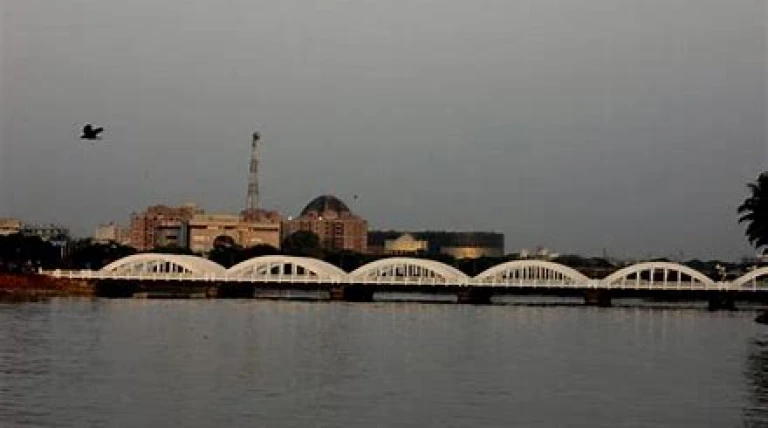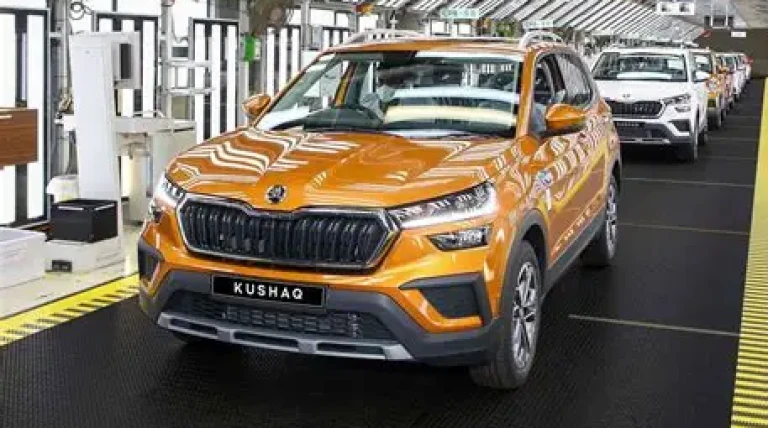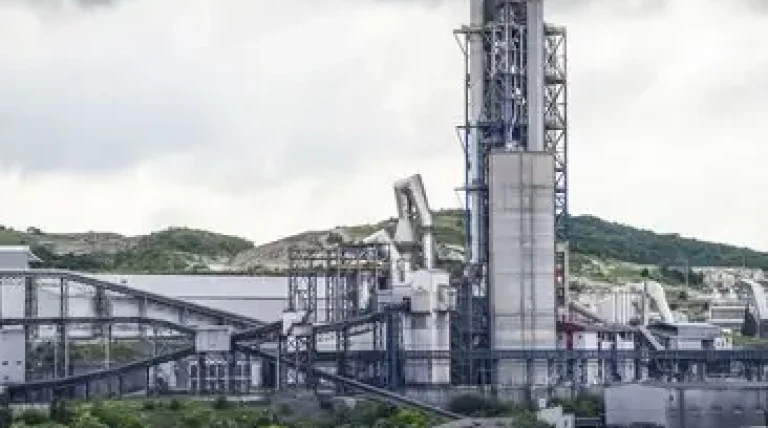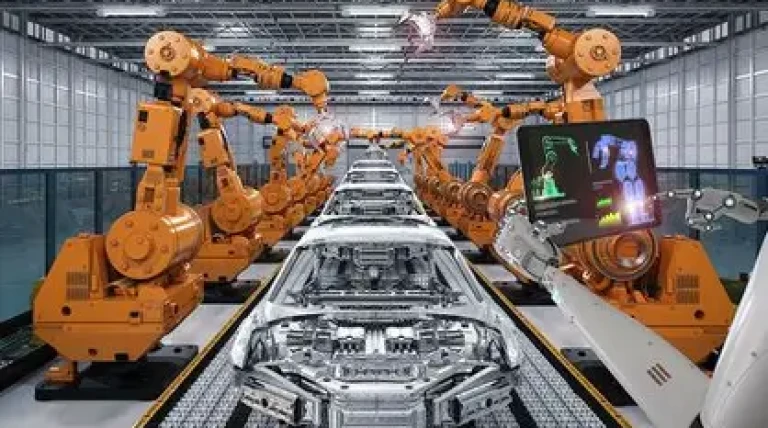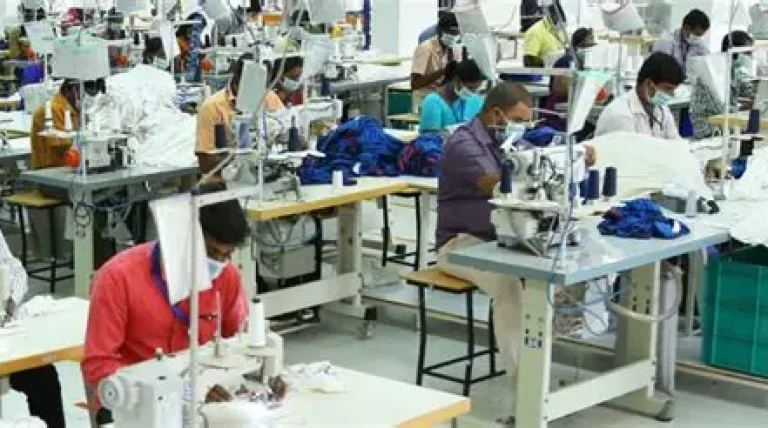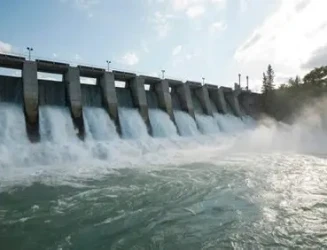The first phase of feasibility studies for the proposed Chennai Water Metro is currently underway along the Buckingham Canal, between Napier Bridge and Kovalam—marking a key step toward introducing sustainable, water-based public transport in the city.
Modelled on the Kochi Water Metro, launched in 2023, the Chennai project aims to ease road congestion, promote eco-friendly transit, and boost tourism. The plan envisions passenger ferry services along a 53-km corridor, with preliminary surveys identifying potential sites for ferry terminals, maintenance workshops, and supporting infrastructure.
The initiative is being jointly led by the Chennai Unified Metropolitan Transport Authority (CUMTA), the Water Resources Department, and the Tamil Nadu Maritime Board.
A critical prerequisite for the project is the restoration of the Buckingham Canal, which will require dredging, desilting, and the installation of sewage treatment plants (STPs), aeration units, and water quality monitoring systems. Canal rehabilitation is expected to not only enable safe and efficient water transport but also help mitigate urban flooding.
The total project cost is estimated between ₹3,000 crore and ₹5,000 crore. Officials also highlighted that supplying treated canal water to industries could offer a revenue stream to support operational sustainability.
Upon completion of the feasibility study, the proposal will be submitted to the Tamil Nadu government, followed by preparation of a Detailed Project Report (DPR). With 10 potential water routes identified, the Water Metro could eventually be integrated into the 1,078-km national waterway network, enhancing multimodal connectivity across the region.
News by Rahul Yelligetti.
![{[setting('site_name')]}](https://projxnews.com/uploads/setting/16983847711140531930.webp)
